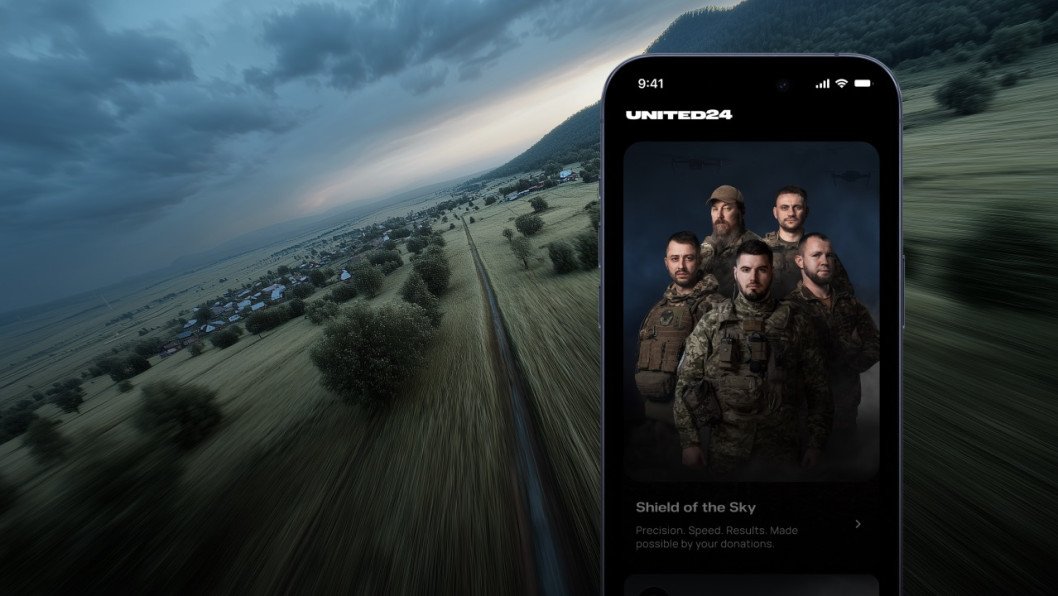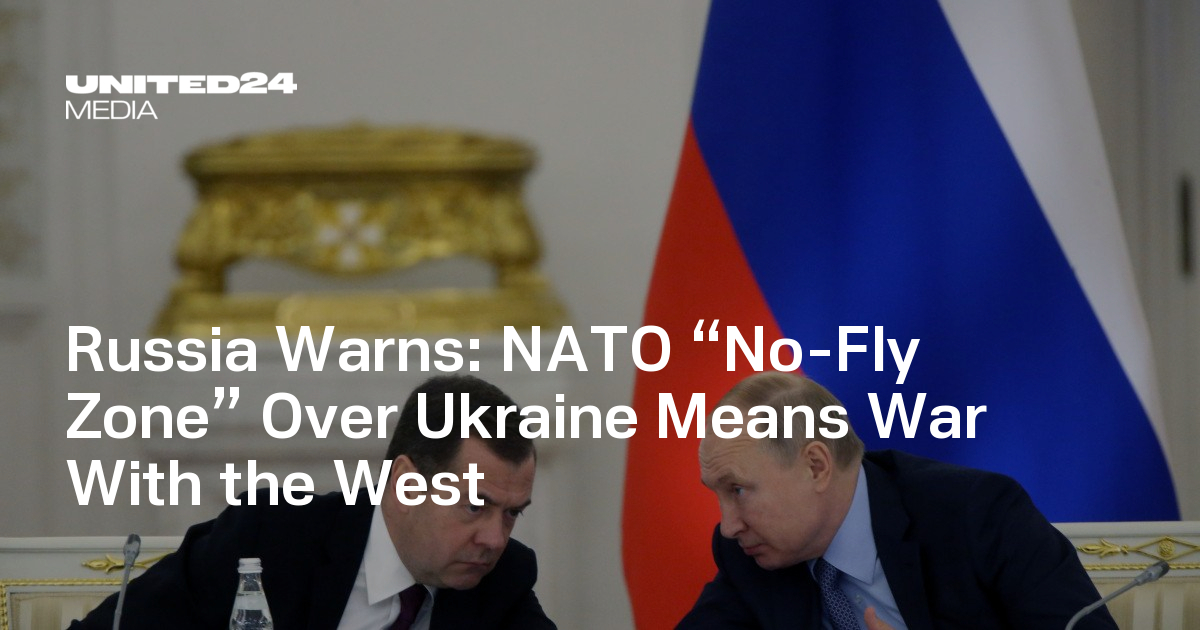Deputy Chairman of Russia’s Security Council Dmitry Medvedev warned that the creation of a no-fly zone over Ukraine would be considered a direct act of war by Moscow.
The comments came in response to remarks by Polish Foreign Minister Radosław Sikorski, who suggested that NATO and EU allies should coordinate in intercepting Russian drones over Western Ukraine.
Sikorski argued it would be advantageous if Ukraine requested that allied forces down drones in its airspace.
Medvedev wrote in his Telegram channel that any attempt to enforce such restrictions would escalate into a military “conflict.”
“Implementation of the provocative idea of creating a ‘no-fly zone over Ukraine’ and the possibility for NATO countries to shoot down our UAVs will mean only one thing—a NATO war with Russia,” he stated.
-ac201887ea0155ec4944eedcb25a3dfa.png)
Medvedev also threatened European politicians who back the seizure of frozen Russian assets in the European Union. He warned that Moscow would pursue them “to the end of time” and “by all possible means,” including “extrajudicially.”
The exchange followed several recent incidents involving Russian drones entering NATO airspace.
On September 13, Ukrainian President Volodymyr Zelenskyy reported that a Russian drone penetrated Romanian airspace by about 10 kilometers and remained there for nearly 50 minutes.
Romania’s defense ministry confirmed that two F-16s and two Eurofighters were scrambled but did not fire, as the drone later returned to Ukrainian territory.
In September 12, multiple Russian drones crossed into Poland during large-scale strikes against Ukraine. According to Polish Prime Minister Donald Tusk, 19 aerial objects entered Polish airspace, some of which were shot down by military aviation. He described the event as a “large-scale provocation.”
Earlier, Dmitry Medvedev escalated tensions by referencing Russia’s “Dead Hand” nuclear system in a series of online posts, prompting President Trump to order US nuclear submarines closer to Russian waters. The Kremlin quickly shifted its stance, with spokesperson Dmitry Peskov downplaying the issue and stressing Russia’s “responsible position” on nuclear matters.

Related articles
